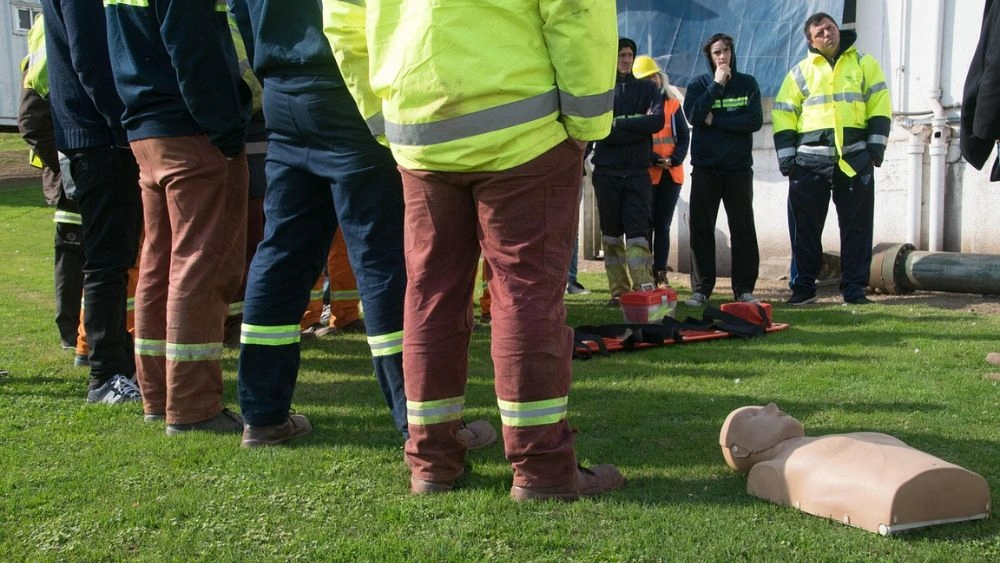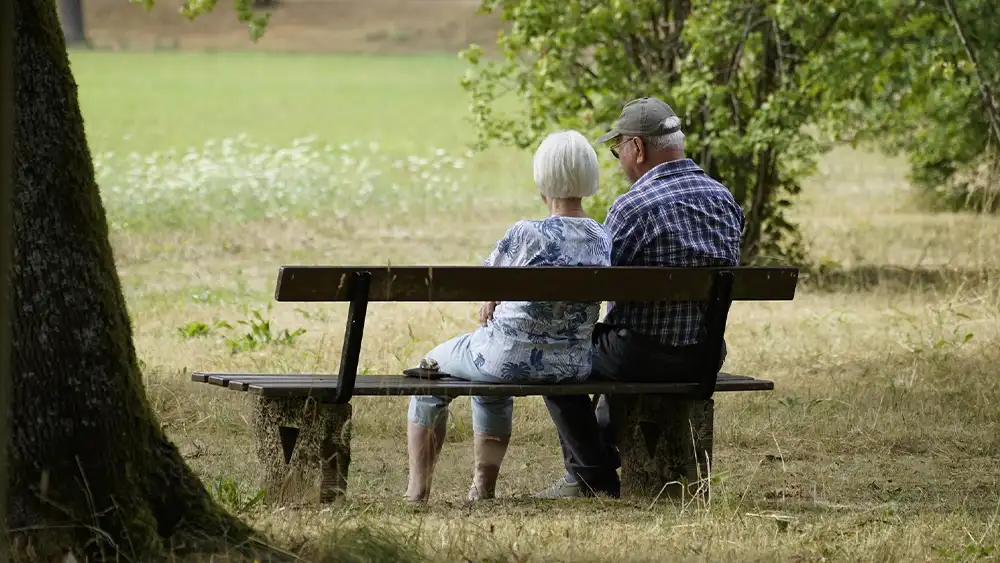Living a healthy life isn’t just about lifting weights or […]
What would you do if someone collapsed right in front […]
For individuals struggling with addiction or other issues requiring rehabilitation, […]
Cosmetic dentistry isn’t just about achieving a picture-perfect smile—it’s a […]
You’re not alone. Many older adults are discovering how this […]
The healthcare landscape is rapidly evolving, with artificial intelligence (AI) […]
Many individuals face challenges that affect their physical well-being, their […]
Drug addiction is a progressive, chronic condition that often worsens […]
Swimming is more than just a recreational activity or summer […]
Medical errors remain a leading cause of preventable harm in […]










